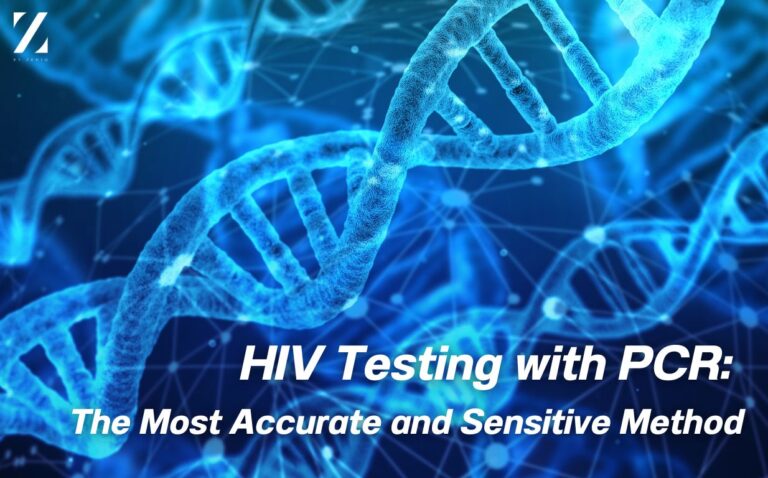Hepatitis B is a silent threat that can easily spread and cause severe long-term health issues. Without early detection and proper care, the condition may lead to serious complications such as cirrhosis or liver cancer. Regular screening is essential to reduce these risks and improve treatment outcomes.
What is Hepatitis B, and How is it Transmitted?
Hepatitis B (HBV) is an infectious disease caused by the hepatitis B virus. It spreads through:
- Body fluids such as blood, semen, or lymphatic fluid
- Unprotected sexual contact
- Sharing needles or syringes
- Tattooing or body piercing with unsterilized tools
- Sharing personal items like toothbrushes or razors
- Contact with infected blood or wounds
- Mother-to-child transmission
Symptoms of Hepatitis B
Interestingly, not all individuals infected with Hepatitis B exhibit symptoms. In fact, many people may remain asymptomatic, particularly in the early stages of infection or in cases of chronic infection. This silent nature of the disease can make early detection challenging, leading to unintentional transmission to others. However, for those who do experience symptoms, they are typically categorized into two stages:
- Acute Phase
- Jaundice (yellowing of the skin and eyes)
- Abdominal pain, particularly under the right rib cage
- Flu-like symptoms: low-grade fever, fatigue, nausea, and vomiting
- Other symptoms: rashes or joint pain
- In severe cases, acute liver failure due to extensive liver cell damage
- Chronic Phase
- The virus remains in the body for a prolonged period, which may lead to two conditions:
- Carrier state: No symptoms but capable of spreading the virus to others
- Chronic hepatitis: Ongoing liver inflammation that may cause fatigue or loss of appetite, though some individuals remain asymptomatic
Without proper care, chronic hepatitis B can result in severe complications such as cirrhosis or liver cancer.
- The virus remains in the body for a prolonged period, which may lead to two conditions:
Why is Hepatitis B Testing Important?
Hepatitis B testing is a blood test used to identify whether you have been infected, are currently infected, or have immunity from vaccination. Early detection allows for timely treatment, reducing the risk of serious complications.
Types of Hepatitis B Tests
Several types of tests provide insights into your infection status:
- HBsAg (Hepatitis B Surface Antigen): Detects the presence of the virus. A positive result indicates an active infection.
- Anti-HBs (Hepatitis B Surface Antibody): Checks for immunity, either from vaccination or recovery from a previous infection.
- Anti-HBc (Hepatitis B Core Antibody): Identifies past or ongoing infections, even if symptoms are absent.
- HBeAg and HBV DNA: Measures the virus’s activity and quantity, particularly in chronic cases, to assess disease severity and guide treatment plans.
Testing Procedure
- Preparation: No fasting or special preparation is required. If you have underlying health conditions or take medication, inform your doctor beforehand.
- Testing Process: A blood sample is collected, typically from the arm or finger tip.
- Results: Most results are available within 30 minutes to two days, depending on the test location.
Understanding Your Test Results
- HBsAg Positive: Active infection with hepatitis B virus.
- Anti-HBs Positive: Immunity to hepatitis B, either through vaccination or recovery from a past infection.
- Anti-HBc Positive: A positive result indicates that the body has responded to hepatitis B infection, either from a past or ongoing infection.
- HBeAg or HBV DNA Positive: Active virus replication, often seen in chronic infections.
Hepatitis B Treatment Options
Current treatments include oral medications and injections to control the infection. Treatment selection depends on factors such as virus type, overall health, and disease progression. Your doctor will recommend the most suitable course of action.
Why Choose Z by Zeniq for Hepatitis B Testing?
At Z by Zeniq, we offer comprehensive hepatitis B testing services, from initial screenings to in-depth confirmatory tests.
Conclusion
Hepatitis B is a preventable and manageable disease with timely screening and care. Blood tests provide valuable information about your infection and immunity status. Early detection improves treatment effectiveness, reduces the risk of complications, and provides valuable insight into whether a booster dose of the hepatitis B vaccine may be necessary.
Take charge of your health today with quick and reliable hepatitis B testing at Z by Zeniq.




